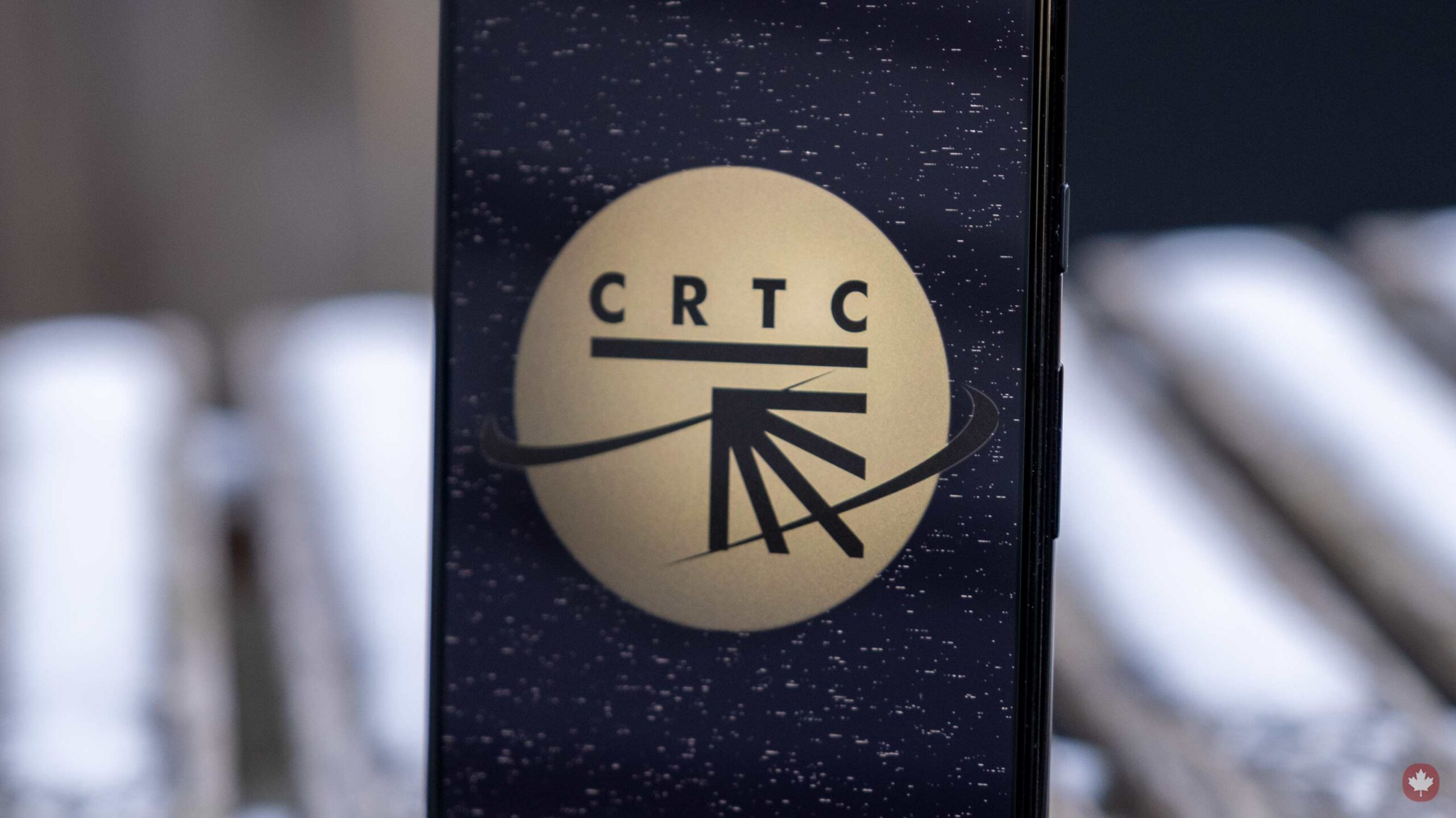
The Canadian Radio-television and Telecommunications Commission (CRTC) has decided against implementing its lowered wholesale rates from 2019 and has made its interim rates from 2016 permanent.
Wholesale rates are paid by competitors, like TekSavvy and Distributel, which then get access to high-speed networks from incumbents like Bell, Rogers, and Telus.
In August 2019, the CRTC lowered wholesale rates that larger carriers can charge internet service providers (ISPs) and also ordered them to make payments to compensate for the higher interim rates. The CRTC now says it made errors with this decision.
Rogers, Shaw Communications, Eastlink, Cogeco, and Vidéotron in a joint venture, and Bell independently, challenged the regulatory decision in three separate ways. They appealed to the CRTC directly, asked cabinet to reverse the ruling and brought it to the Federal Court of Appeal.
In November 2019, the Federal Court suspended the 2019 wholesale rates decision pending a final judgement from the court following arguments from the incumbents. Once the court dismissed the incumbents’ appeals, the stay regarding the lowered rates was lifted.
However, the lowered wholesale rates were never implemented, as the CRTC granted the incumbents’ stay request once the initial stay was lifted.
In today’s decision, the CRTC outlines that during the review of wholesale rates for aggregated high-speed access services, the information provided to the commission caused the CRTC to doubt the correctness of certain aspects of its August 2019 ruling.
“The CRTC has carefully considered the issues raised by all parties, and has adopted the interim rates on a final basis, with certain reductions. The decision comes as the result of the review of an extensive record that included cost studies and other documents submitted in the process,” the CRTC notes.
Further, the decision outlines that “most large companies will be required to make retroactive payments as a result of the decision. In general, the retroactive payments will be lower than those that would have been paid under the rates announced in 2019.”
Transitioning to a disaggregated high-speed access model
With this latest ruling, the industry will move towards a new wholesale model, as the existing aggregated high-speed access service model is in the process of transitioning to a disaggregated high-speed access service.
The CRTC notes that under the aggregated model, a competitor connects its network to a smaller number of points in the large company’s network. Under the disaggregated model, competitors “connect to numerous points in the large company’s network thereby reducing their reliance on expensive transport costs while spurring investments in broadband networks.”
The commission says the new model will offer competitors more flexibility in how they offer services to Canadians while encouraging them to invest in their own network infrastructure.
“Since 2016, the CRTC’s objective has been to complete the transition to a disaggregated wholesale model for access to the large companies’ high-speed broadband networks,” said CRTC chairperson Ian Scott.
“This model will foster greater competition and further investments, so that the industry can better serve the needs of Canadians. Today’s decision will allow us to focus on that goal, while providing certainty in the marketplace for Internet service providers.”
Reactions to the decision
TekSavvy’s vice-president of regulatory and carrier affairs, Andy Kaplan-Myrth, said in a statement that the decision “is a tombstone on the grave of telecom competition in Canada. Canada’s largest and most profitable telecom companies have successfully gamed the system with impunity. As competitors begin to exit the market, Canadian consumers will pay the price.”
As a result of the decision, Kaplan-Myrth stated that TekSavvy has scrapped plans to offer mobile services and is dropping out of the upcoming 3500Mhz spectrum auction as it scales back investment plans.
Innovation Minister François-Philippe Champagne said in a statement following the decision that “setting the right wholesale rates is important to meeting our priorities when it comes to competition and the availability of high-quality networks for Canadians.”
“We will be reviewing the decision and its implications to ensure they align with our policy priorities of affordability, competition and innovation in the sector.”
On the other hand, OpenMedia’s executive director Laura Tribe called the ruling “the most anti-customer decision I’ve ever seen from the Commission. It’s appalling to see that the CRTC has once again sided with Big Telecom.”
Update 27/05/21 8:50pm ET: Article was updated to include statements from TekSavvy and OpenMedia.
MobileSyrup may earn a commission from purchases made via our links, which helps fund the journalism we provide free on our website. These links do not influence our editorial content. Support us here.


